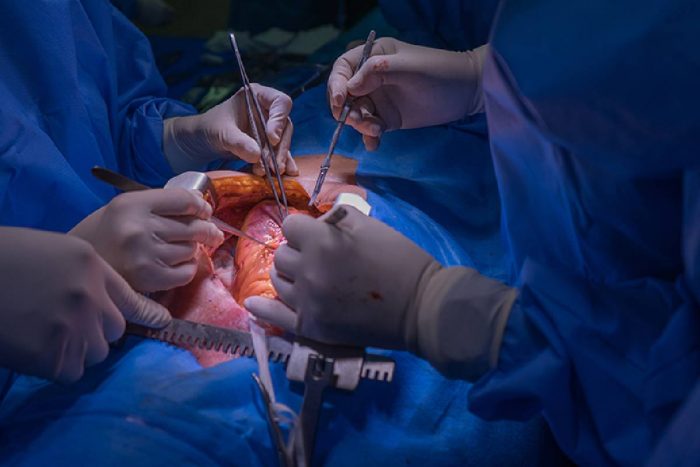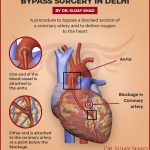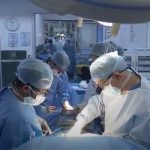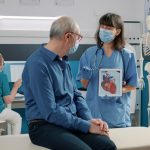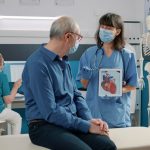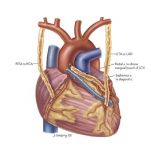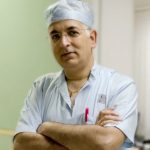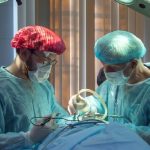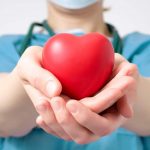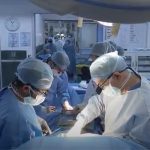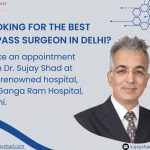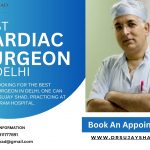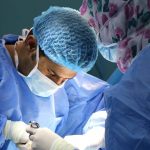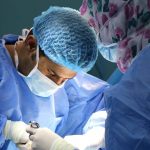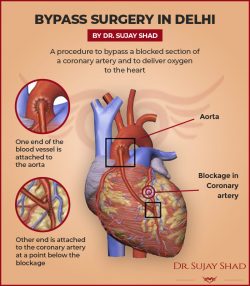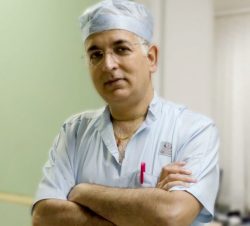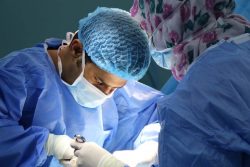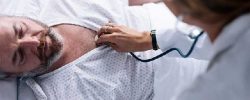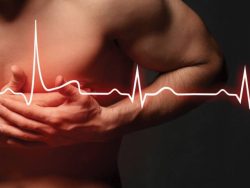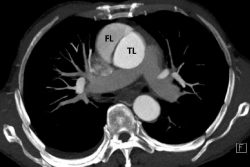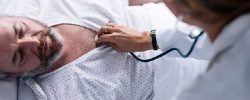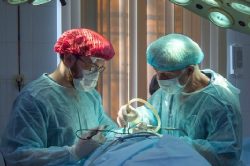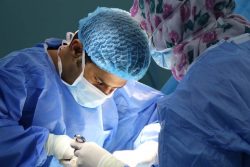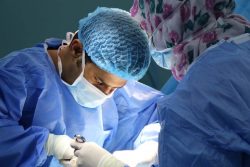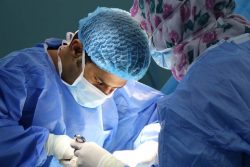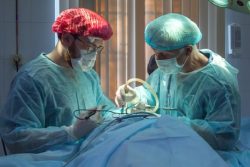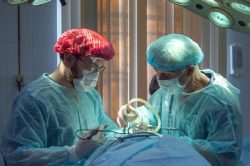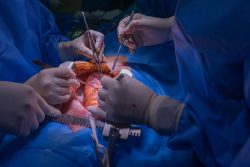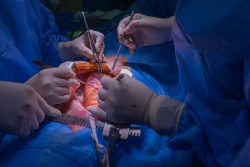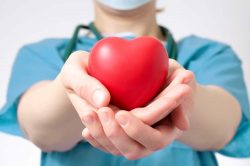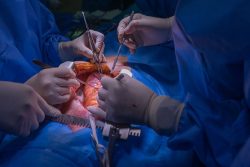When is Open-Heart Surgery Performed?
Open-Heart Surgery is a surgical procedure in which the chest is cut open to operate on the heart or nearby arteries. Cardiac surgeons conduct open-heart surgery to treat severe coronary artery disease (CAD), repair or replace heart valves, or rectify structural heart defects. Despite the complexity of open-heart surgery, the likelihood of fatality is quite low. In this following blog, Dr. Sujay Shad, an experienced and Best Cardiac Surgeon in India at Sir Ganga Ram Hospital, shares some valuable information about this life-saving surgery.
Why is Open-Heart Surgery performed?
Open-heart surgery is performed to correct a heart defect. This defect in the heart can be caused by arterial and vein hardness and blockage of the artery. The most common reason for open-heart surgery is arterial hardening when fatty substances form plaque in the coronary artery walls.
Dr. Sujay Shad, best open heart surgeon in Delhi, performs open-heart surgery on patients who want to repair heart valves, replace damaged heart tissue, or implant artificial devices/organs. With the aid of open-heart surgery, heart replacement surgeries are also performed. An open-heart operation is sometimes performed on individuals who have had an unsuccessful angioplasty.
Objective of Open-Heart Surgery
Several cardiac diseases can be treated with open-heart surgery.
Coronary artery disease, the most prevalent form, occurs when fatty deposits (plaques) obstruct the arteries that feed blood to the heart muscle. This reduces the blood supply to the heart. If the obstruction is severe, angina, breathing difficulties, and a heart attack may develop in some circumstances.
Additionally, open-heart surgery may be used to:
- Treating advanced heart failure
- Treat resistant cardiac arrhythmias, such as atrial fibrillation (called the Maze heart procedure)
- Restore ailing/damaged heart valves
- Correct congenital cardiac defects
- Manage cardiomyopathy (enlarged heart)
- Implant a medical device, like a left ventricular assistance device (LVAD)
- Heart transplantation.
In many cases, the benefits of open-heart surgery are great and may include the following:
- Relieving or decreasing symptoms such as chest discomfort or difficulty breathing
- Reducing the risk of cardiovascular diseases such as stroke and heart attack
- Improved survival and quality of life.
How is Open-Heart Surgery Performed?
For the surgery, a patient must be admitted to the hospital for a few days, but several procedures are followed prior to open-heart surgery.
- Ensure that one has discussed the entire operation in detail with the surgeon
- Avoid consuming large meals before surgery
- Don’t forget to bring the prescriptions and personal items with the patient to the hospital
- Ensure that one has completed all necessary medical tests before.
Procedure of Open-Heart Surgery
- Initially, patients will be administered anesthesia to induce sleep.
- The surgeon will then make a gentle 8-to-10-inch incision in the chest.
- As soon as the heart becomes visible, the patient is linked to a heart-lung bypass machine to assist with blood flow during the procedure.
- The fractured vein will be repaired with a healthy vein, typically the saphenous vein from the leg.
- As the operation concludes, the surgeon will suture the incisions.
Recovery following Open-Heart Surgery
As soon as the patient awakens following surgery, multiple breathing tubes will be inserted, and the patient may experience a little pain. The state of the heart, and blood pressure, are all monitored by computer-operated equipment. If the discomfort worsens, one must seek medical attention.
- For optimal healing, the incision site must be cleansed and dried periodically.
- In general, doctors urge patients to avoid taking long baths, as this can negatively impact the incision site.
- A 10-minute bath is sufficient after the patient returns home. Nevertheless, sponge baths are recommended.
- The body needs to have adequate bed rest following surgery in order to recuperate. The physician prescribes medications that must be taken on time.
- After surgery, patients must not lift heavy objects.
For more details on open heart surgery in Delhi, make an appointment with the best cardiac surgeon in India, Dr. Sujay Shad, today at the prestigious Sir Ganga Ram Hospital.
